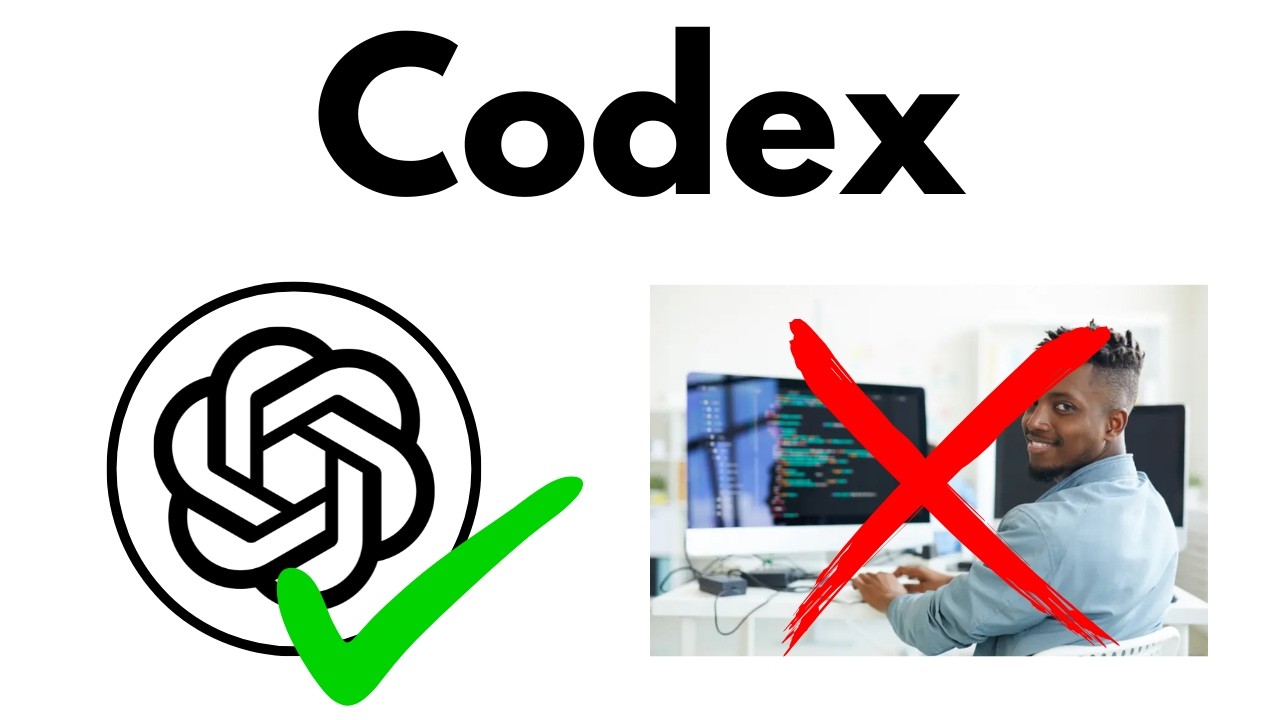The video explores OpenAI’s Codex Agent, a powerful AI tool that automates and manages various software development tasks across multiple virtual machines, streamlining workflows and reducing the need for manual coding. It highlights the potential of Codex to enhance productivity, automate routine tasks, and operate autonomously in critical scenarios, while also raising questions about its societal impact on human developers and jobs.
The video explores OpenAI’s Codex Agent, a cloud-based AI tool designed to assist with software engineering tasks. The presenter demonstrates how Codex, powered by Codeex One, can work on multiple tasks simultaneously within virtual machines, connecting seamlessly to platforms like GitHub. This setup allows users to delegate various coding, debugging, and maintenance tasks to the AI, effectively transforming the role of a software engineer into that of a supervisor or product manager overseeing AI-driven processes.
During the demo, the host shows how users can connect their GitHub repositories, select environments, and set data controls to train or run the AI on specific data. The system can handle tasks such as explaining codebases, identifying bugs, fixing issues, or creating new features—all in parallel across multiple agents. These agents operate within isolated VMs, executing tasks concurrently, which highlights the scalability and efficiency of the platform. The interface also allows users to review the AI’s work step-by-step and push updates directly to GitHub, streamlining the development workflow.
A key feature discussed is the use of an agents.mmd file within repositories, which guides Codex on how to navigate codebases, run tests, and adhere to project standards. The AI’s performance is compared to other models, showing that Codex outperforms some existing solutions, especially on specific verification tasks. The video emphasizes that much of Codex’s power lies in its ability to wrap and automate code operations, making it a sophisticated wrapper around traditional coding tools, rather than a completely revolutionary change in coding itself.
The presenter highlights practical applications, such as using Codex for on-call troubleshooting, automating pull requests, and integrating into DevOps pipelines. The AI can be triggered automatically to diagnose and fix issues, potentially operating without human intervention, especially in critical or time-sensitive scenarios. This automation could significantly reduce the workload on developers and on-call engineers, allowing AI to handle routine or urgent tasks before humans even wake up or arrive at their desks.
In conclusion, the video reflects on the broader implications of AI in software development, questioning whether tools like Codex will diminish the need for human engineers. While acknowledging that AI can elevate productivity and automate many tasks, the host also warns about potential societal impacts, such as the erosion of middle-class jobs and the importance of branding and differentiation in a world where anyone can generate code instantly. The video ends with a teaser about a new “Codex Mini” for local use and a call to action for viewers to join a community, emphasizing that AI tools like Codex are likely to become ubiquitous, transforming how software is built and maintained in the future.
